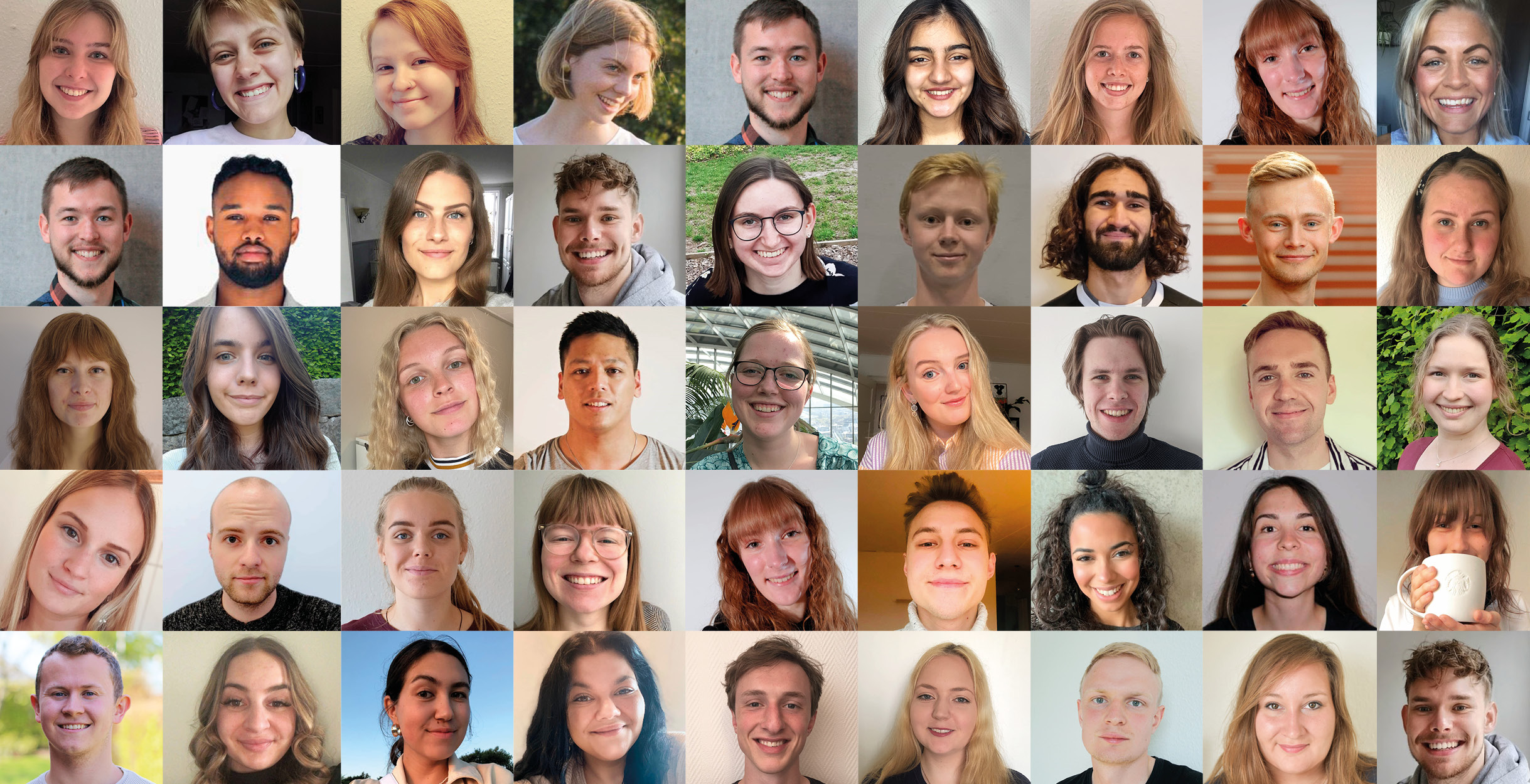In the graduate part of the medical study programme, you will acquire the scientific and practical basis necessary for you to practice medicine as a doctor in three years. You will receive more training in seeing patients than during the bachelor’s part, while also improving your academic skills.
The medical study programme at SDU is unique because theory and practice are combined in patient-oriented examination types. The medical study programme is a profession-specific education, and at SDU, the hospitals of the Region of Southern Denmark and in medical practice, you apply your knowledge and train and practice skills and competences in diagnosis and treatment of common diseases in the patients you will meet as a newly qualified medical doctor.
Meet patients already during your studies
During the graduate part of the programme, you will learn how to apply your theoretical knowledge. You will learn how to translate it into practical medical practice in meeting with patients. During your studies, you will be confronted with many medical histories and problems that you will work to solve.
You will train both your communicative and practical skills in the skills laboratory and in clinical practice. You will also receive training in how to access and apply scientific data in specific clinical contexts.
You will also work with ethical issues, personal attitudes and behaviour, and you must build up collaborative relations with your fellow students in relation to learning, clinical practice, knowledge sharing and research.
The programme includes clinical stays where you are interned at a hospital or a general practitioner’s clinic. Under supervision, you will meet, examine and diagnose patients, write patient case notes, form part of decision-making processes and inform the patients about conference decisions and considerations.
Why study Medicine?
- The master’s degree programme in Medicine at SDU is unique, not least because theory and practice are combined both in teaching and in patient-oriented examination types.
- The programme is divided into short modules with associated examinations, making it easier to get through a large theoretical syllabus.
- The master’s degree programme includes clinic internships at a hospital or a general practitioner’s clinic, where you will meet patients and learn how to admit, examine, treat and inform them.
